Welcome - We help
behavioral health agencies
in NYC implement
treatment for tobacco use
disorder. We’re glad you
found us!
providers
programs
agencies
from NYC completed our comprehensive training program since 2017, improving their capacity and expertise to treat tobacco use disorder.
OUR MISSION
- Ensure that behavioral health providers have the necessary training, tools, and organizational support to implement treatment of tobacco use disorder in their daily work.
- Encourage organizational investment in policy and practice change that supports addressing tobacco use disorder for people with behavioral health conditions.
HOW IT WORKS
Training is just one of many practical tools and resources we offer to help programs integrate tobacco treatment. Your agency can move forward step by step through a proven quality improvement process. TCTTAC meets agencies where they are at in the Plan-Do-Study-Act process and can provide support throughout the process. In preparation, we recommend you review the Roadmap and share it with colleagues
and administrators.
Relying on TCTTAC’s Roadmap and technical assistance, your team can continually improve quality of care and implement best practices.
Learn More About

Secure leadership buy-in, form
a workgroup, identify a staff
champion, train and coach
staff, and monitor progress.
Cultures change as staff
considers their own attitudes
and assumptions around
tobacco use.

Participating organizations adopt QI cycles for a specific time period (3 mos, 6 mos, 1 yr) so they can revise and address goals with each iteration. The implementation process is thus ongoing, and reflects systemic change and capacity-building over time.
